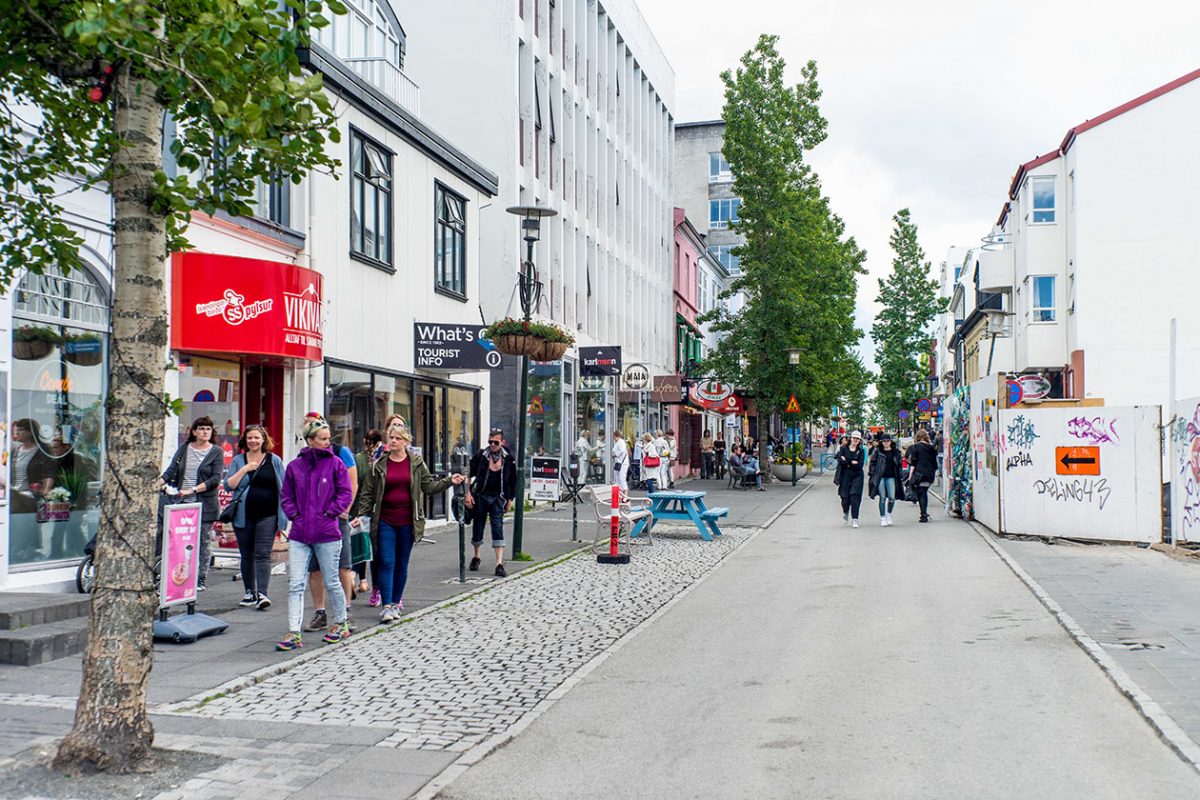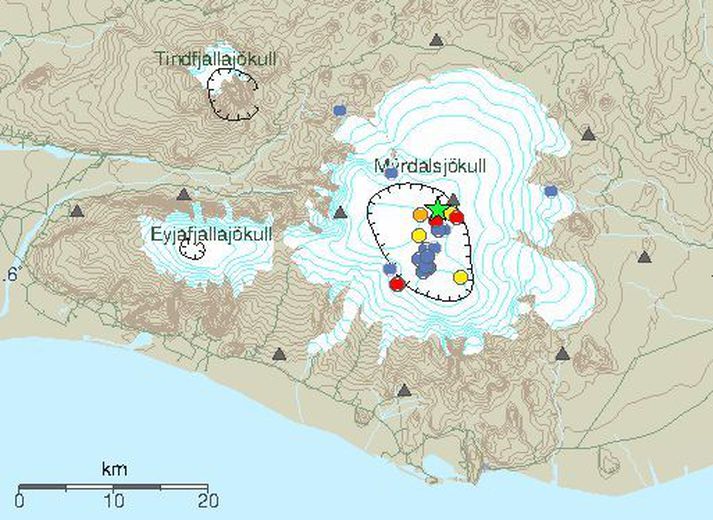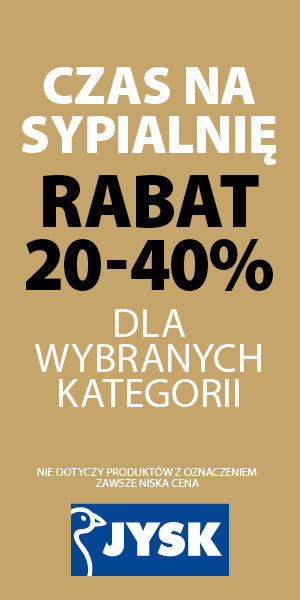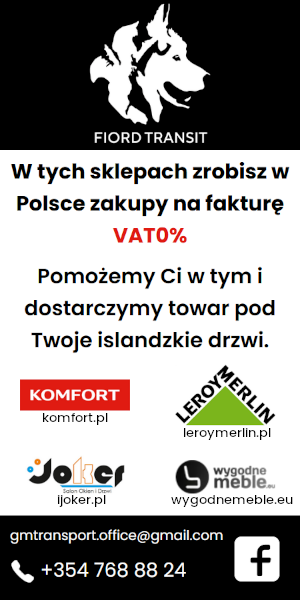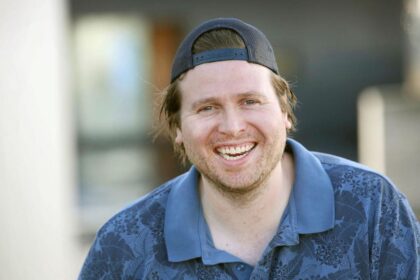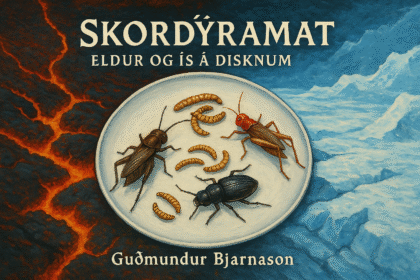Die Redeweise ist Abbild des Geistes
Seneca
Sposób mówienia jest obrazem umysłu
Seneka
Sposób mówienia obnaża umysł mówiącego. Czy tak jest istotnie? Tekst, który dla Was przygotowałam, nie jest wykładem z filozofii Seneki. To zaledwie krótki opis niezwykłego spotkania. Zapis rozmowy dwóch ciekawych siebie kobiet. Filozofia ma tutaj znaczące miejsce. Żyje „własnym życiem”, ukryta pomiędzy słowami. Jeśli macie ochotę na więcej filozofii, nie pozostaje mi nic innego jak zachęcić Was do poszukiwań.
Tymczasem kilka słów o… autorce książek. Kiedy Petra-Alexa Prantl pisze, zdaje się zapominać o całym świecie. W Igdlo każdego dnia siadałyśmy w tej samej jadalni i przyglądałyśmy się sobie ukradkiem. Petra-Alexa zapisywała kartki swojego dużego zeszytu. Pochłonięta pracą zdawała się znikać dla świata. Jakieś wielce istotne przemyślenia pochłaniały całą jej osobę. Codziennie kilka godzin pisania w skupieniu i ciszy. Zapytałam ją wreszcie, co pisze. Odpowiedziała, chociaż nie miałyśmy wiele czasu. Petra-Alexa musiała wracać do rodzinnych Niemiec. Naszą rozmowę zapisałyśmy. Tamte chwile miały (wciąż mają) magiczną moc. Oderwały nas od banału. Twarda materia codzienności ustąpiła, poddała się. Serdeczność i wzajemna sympatia pomogły wypełnić mijające godziny „zwyczajną-niezwyczajną” rozmową. Czyżby Seneka miał rację?
Magdalena Golon-Guzek: Jak z nauczyciela stać się pisarzem?
Peta-Alexa Prantl: Kiedy byłam młodsza, uwielbiałam pracować jako nauczycielka. Teraz jestem na emeryturze i lubię pisać dla siebie i dla innych. Tematy wynikają z moich osobistych zainteresowań.
Magdalena: Kiedy opowiedziałaś mi o swoich preferencjach: przyroda, muzyka, język i filozofia, musiałam zapytać, dlaczego właśnie te?
Petra-Alexa: W szkole w ogóle nie rozumiałam matematyki, ale z łatwością uczyłam się języków. Przyroda i muzyka towarzyszyły mi przez całe życie. Grałam na flecie i wiolonczeli. Dzisiaj słucham płyt Beethovena. Filozofia nie składa się z tajemnic, ale ze sposobów na mądrość. A mądrość jest niezbędna do życia.
Magdalena: Wydałaś pięć książek w wydawnictwie ‘Tredition’ w Niemczech. Tytuły są intrygujące!
Petra-Alexa: Mogę wymienić te tytuły? Pierwszy: „Nachdenkliches aus Antike und Fernost” (Aforyzmy starożytne i z Dalekiego Wschodu). Drugi: „Spaziergang zu den Sternen” (Pieszo do gwiazd). Następny: „Das verborgene Leben der Sprachen” (Ukryte życie języków), dalej „Die blaue Stunde mit Seneca” (Zmierzch z Seneką) i „Treffpunkt Himmel” (Spotkanie z niebem). Planowane w 2020 roku „Demokrit und der blaue Planet” (Demokryt i błękitna planeta) oraz „Das Alter hat Farben” (Kolory wieków).
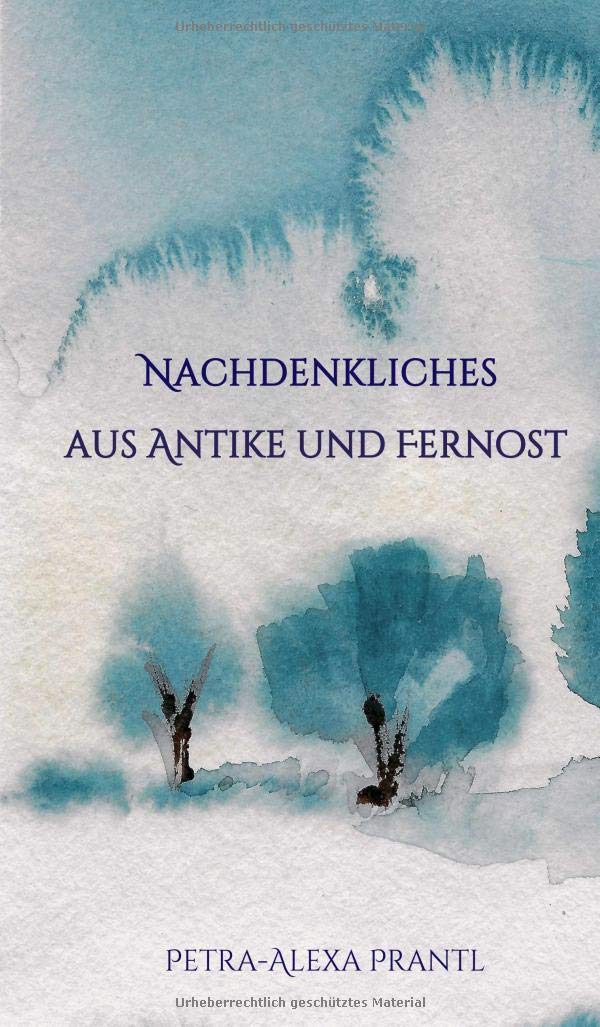
Magdalena: Który z nich jest Twoim ulubionym?
Petra-Alexa: Najciekawsza książka to książka o językach i etymologii. Wszystkie nasze europejskie języki mają swoje korzenie w języku indo-germańskim. Zadziwiające jest to, że islandzki jest podobny do łaciny i sięga korzeniami do pochodzenia indogermańskiego (4000 lat temu).
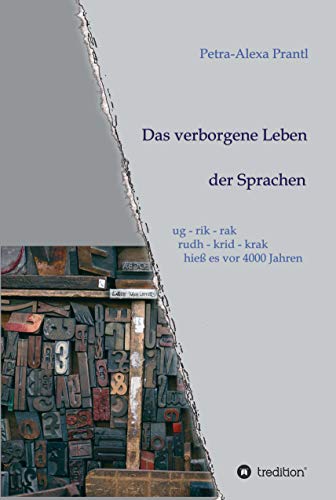
Magdalena: Dlaczego wracasz do Islandii? Czy jest jakiś szczególny powód?
Petra-Alexa: Kiedy przyjechałam na Islandię po raz pierwszy w 2014 roku, byłam pod ogromnym wrażeniem jej szczególnego charakteru. Można tu znaleźć prawie to samo, co w Nowej Zelandii, oprócz lasów i dżungli. Świeży, zimny i czysty klimat jest dobry dla mojego zdrowia. W Niemczech temperatura wzrasta latem do prawie 40 stopni – nie znoszę tego.
Magdalena: Lubisz Reykjavik?
Petra-Alexa: Tak, bardzo! To bardzo czyste, zamożne miasto i bardzo nowoczesne. Uwielbiam Harpę i kościół Hallgrimskirkja. Moja ulubiona kawiarnia to „Mokka Kaffihús”.

Magdalena: Jak widzisz Islandczyków?
Petra-Alexa: Są przyjaźni, powściągliwi, spokojni i zawsze uśmiechnięci, kiedy prosi się ich o pomoc. Wydaje się, że zawsze mają czas, nigdy się nie spieszą jak Niemcy.
Magdalena: Islandzki jest trudny, jak myślisz?
Petra-Alexa: Tak, islandzki jest jednym z najtrudniejszych języków europejskich. Dla mnie to jest prawdziwy twister językowy z dziwną wymową, ale tak naprawdę język islandzki jest bardzo ciekawy. Zaczęłam się go uczyć w zeszłym roku w Háskólasetur Vestfjarða i cieszę się, że w tym roku mogłam krótko porozmawiać z taksówkarzami.
Reykjavik, 2020
Petra-Alexa Prantl urodziła się w Norymberdze w 1953 roku. Studiowała pedagogikę na Uniwersytecie w Erlangen-Nürnberg. Po opuszczeniu domu rodzinnego pracowała jako nauczycielka przede wszystkim języków romańskich. Oprócz zamiłowania do przyrody, muzyki, filozofii i języków, miłość do podróży zabrała ją w wiele zakątków świata, np. do Wielkiego Kanionu, Grenlandii, Chin i Nowej Zelandii.
ENGLISH
Meeting in Igdlo with Petra-Alexa Prantl
Die Redeweise ist Abbild des Geistes
Seneca
The manner of speaking exposes the mind of the speaker. Is that really so? The text that I have prepared for you is not a lecture on Seneca’s philosophy. It’s just a brief description of an extraordinary meeting. A transcript of a conversation between two women who are curious about each other. Philosophy has a significant place here. It lives “its own life”, hidden between words. If you want more philosophy, there is nothing left for me to do but encourage you to search.
Meanwhile, a few words about Petra Alex-Prantl, the author of many books. When Petra Alex-Prantl writes, she seems to forget about the entire world.
Every day in Igdlo, where we met, we sat in the same dining room and watched each other stealthily. Petra-Alexa was filling up the pages of her big booklet. She seemed to cease to exist for the world. Some very important thoughts absorbed her entire person. A few hours of writing spent in focus and silence every day. I finally asked her what she was writing. She replied although we didn’t have much time.
Petra-Alexa had to go back to her country, to Germany. We wrote down our conversation. Those moments had (still have) magical power. They tore us away from the cliché. The hard matter of everyday life gave up. The cordiality and mutual sympathy helped to fill the passing hours with an “ordinary-unusual” conversation. Is Seneca right?
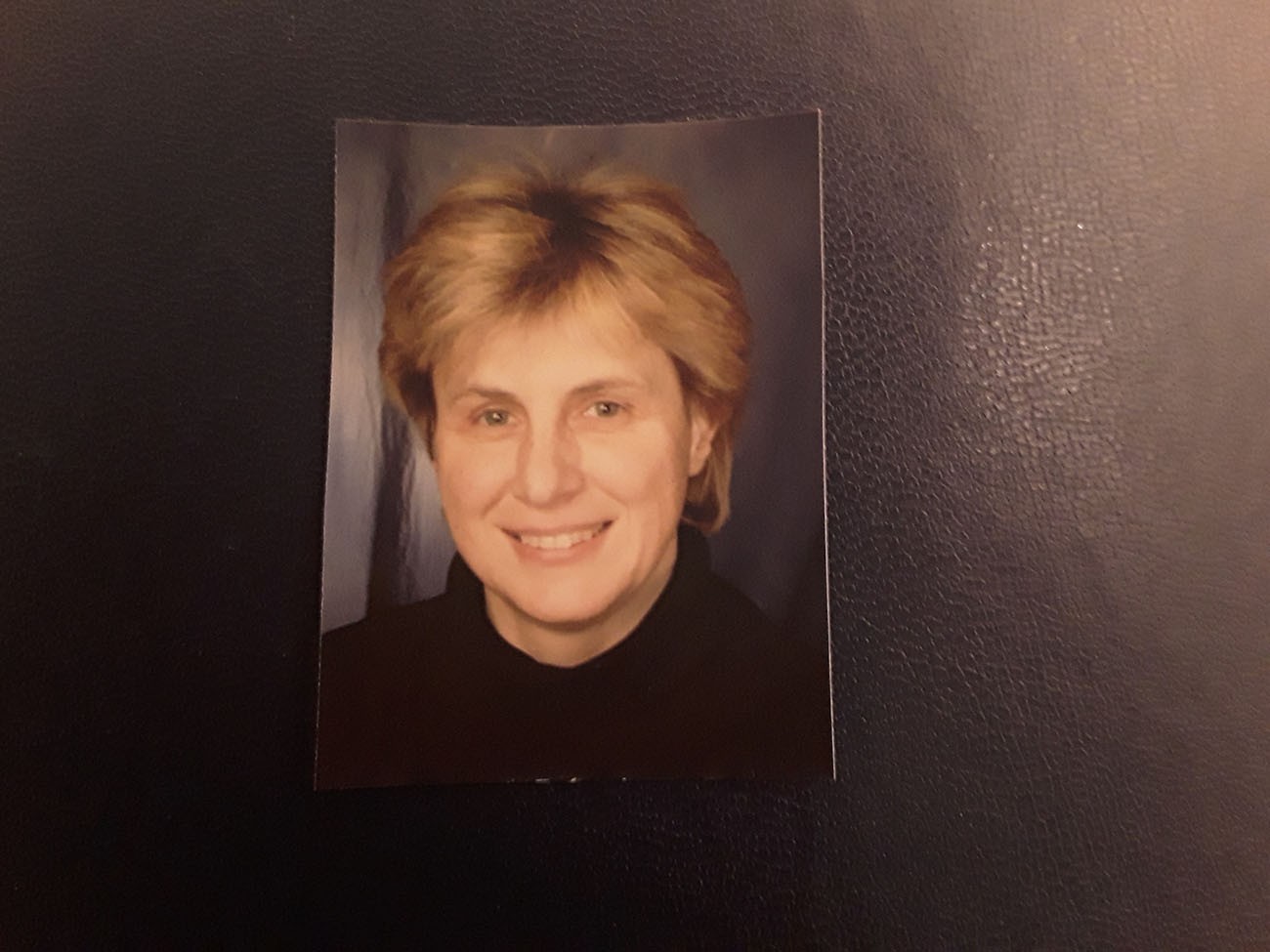
Magdalena: How is it possible to change from a teacher to a writer?
Peta-Alexa Prantl: When I was younger I loved to work as a teacher. Now, I am retired and I am fond of writing for myself and for others. The subjects depend on my personal interest.
Magdalena: When you told me about your preferences: nature, music, language, and philosophy, I had to ask why these exactly?
Petra-Alexa: At school, I didn’t understand mathematics at all, but learned languages easily. Nature and music accompanied me all my life. I played the concert flute and violoncello. Today I listen to Beethoven. Philosophy doesn’t consist of mystery, its ways of wisdom. And wisdom is necessary for life.
Magdalena: You published five books at ‘Tredition’ publishing house in Germany. The titles are intriguing!
Petra-Alexa: Can I say their titles? The first one: “Nachdenkliches aus Antike und Fernost” (Pondering Aphorisms from the Antique and Far East). The second one: “Spaziergang zu den Sternen” (Walking to the Stars). Next one: “Das verborgene Leben der Sprachen” (The Hidden Life of Languages), than “Die blaue Stunde mit Seneca” (Dusky, blue hour with Seneca) and “Treffpunkt Himmel” (Meeting Point Heaven). Planned in 2020 “Demokrit und der blaue Planet” (Demokrit and the blue Planet) and “Das Alter hat Farben” (Age has Colors).
Magdalena: Which one is your favourite?
Petra-Alexa: The most interesting book is a book about languages and etymology. All our European languages have their roots in the Indo-Germanic. It is amazing that Icelandic is similar to Latin and goes back to the origin of Indo-Germanic (4000 years ago).
Magdalena: Why are you going back to Iceland? Is there a particular reason?
Petra-Alexa: When I was in Iceland for the first time in 2014 I was deeply impressed by its special nature. Here you can find nearly the same things as in New Zealand, apart from forests and jungles. The fresh, cold, and clean climate are good for my health. In Germany, the temperature goes up to nearly 40 degrees in summer and I can’t bear that kind of heat.
Magdalena: Do you like Reykjavik city?
Petra-Alexa: Yes, very much! This is a very clean, wealthy town and it is very modern. I love Harpa and Hallgrims church. My favourite cafe is “Mokka Kaffihús”.
Magdalena: How do you see people in Iceland?
Petra-Alexa: I experienced Icelandic people as friendly reserved, calm, and always smiling back when you ask them for help. They seem to have time, never rushing down the streets as the Germans do.
Magdalena: Icelandic is difficult, what do you think?
Petra-Alexa: Yes, Icelandic is one of the most difficult European languages. For me, it is a real tongue twister with funky pronunciation, but in fact, the Icelandic language is very interesting. I started to learn it last year at Háskólasetur Vestfjarða and I am glad to have small conversations with the taxi drivers this year.
Reykjavik, 2020
Petra-Alexa Prantl was born in Nurnberg/Germany in 1953. She studied pedagogy at the University of Erlangen-Nürnberg. After a family time she worked as a teacher, especially for Romanic languages. Apart from her love of nature, music, philosophy and languages her affection towards travelling took her into many parts of the world, for example into the Grand Canyon, Greenland, China, and New Zealand.

